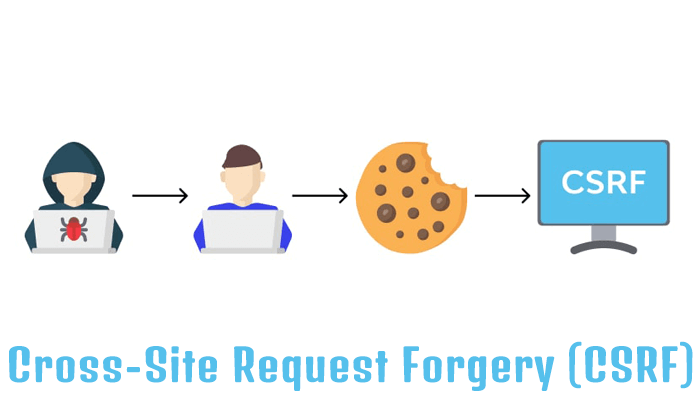What is Cross-Site Request Forgery?
Cross-Site Request Forgery or CSRF, is a security vulnerability that could be exploited by hackers to deceive website users into performing actions they did not intend to do. Hackers can make it seem like users are making legitimate requests when in reality, the requests are malicious and harmful. CSRF attacks typically involve a malicious website or email that contains a link or form that submits a request to a legitimate website on behalf of the user.
How Does CSRF Affect WordPress?
Like other content management systems, web applications, WordPress is vulnerable exploits attacks, which can allow an attacker to modify or delete content, steal sensitive information, or take other malicious actions.
Protect WordPress Against Cross-Site Request Forgery
WordPress uses several security measures to protect against CSRF attacks. These include:
In order to verify that requests originate from a legitimate source, WordPress uses unique tokens known as nonces. WordPress generates nonces for each user session and adds them to both URLs and forms to verify the legitimacy of requests and prevent attacks by unauthorized sources. This helps prevent attackers from forging requests and ensures the security of user information.
SameSite Cookies: WordPress uses SameSite cookies, which are cookies that are only sent in first-party contexts, to prevent cross-site request forgery attacks. SameSite cookies prevent cookies from being sent in cross-site requests, which can help protect against CSRF attacks.
To prevent CSRF attacks, WordPress employs the use of CSRF tokens. These tokens are unique and are generated for each form submission. They are added to forms within WordPress to verify the legitimacy of requests and ensure that they are not forged by an attacker.
Tips for Protecting Your WordPress Site Against Attacks
To protect your WordPress site against attacks, it is important to follow best practices for web application security. These include:
Firstly Keep WordPress and plugins up to date.
Secondly, try Using strong passwords and two-factor authentication to prevent unauthorized access to your WordPress account.
Finally, Implement SSL/TLS encryption to protect data in transit between your website and your users.
By using web applications firewall to block suspicious requests and protect against known vulnerabilities.
In summary, Cross-Site Request Forgery is a serious security vulnerability that affects many web applications, including WordPress. By using nonces, SameSite cookies, and CSRF tokens, WordPress is able to protect against hackers and ensure the security of user data.
I hope that I helped you in this article to enhance the security of your WordPress site. Protect your website against CSRF and other types of security threats.




